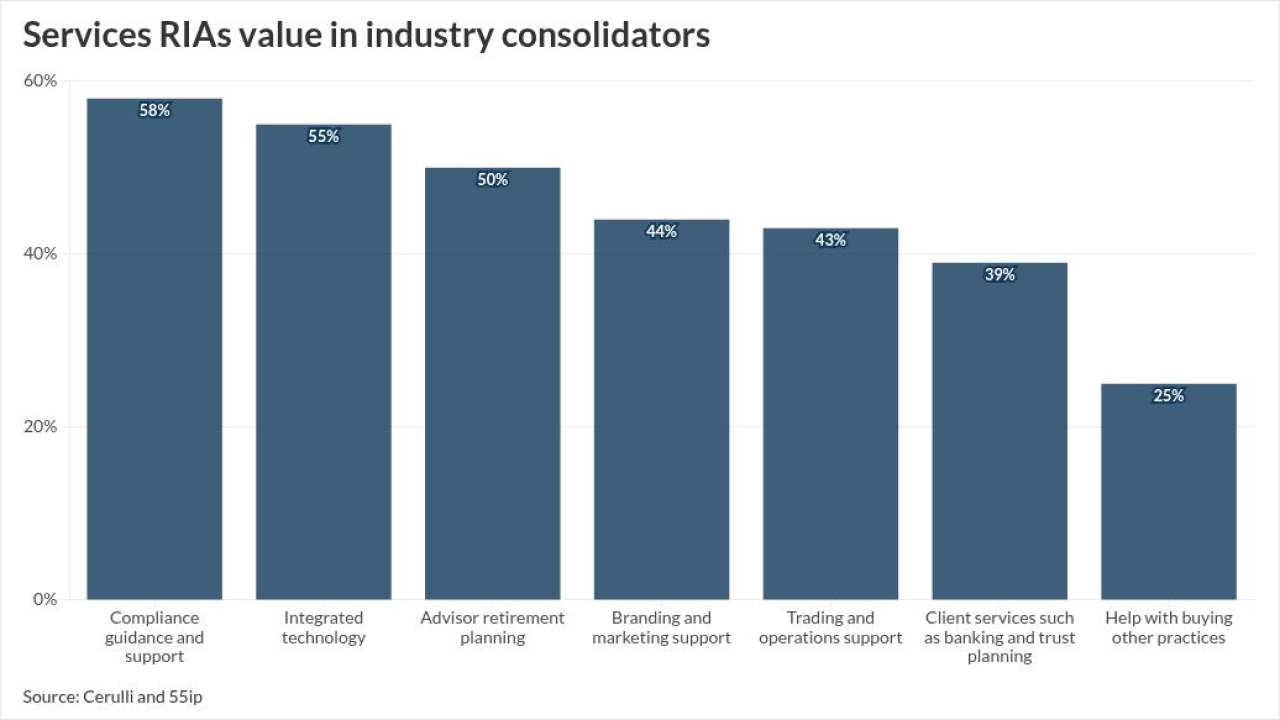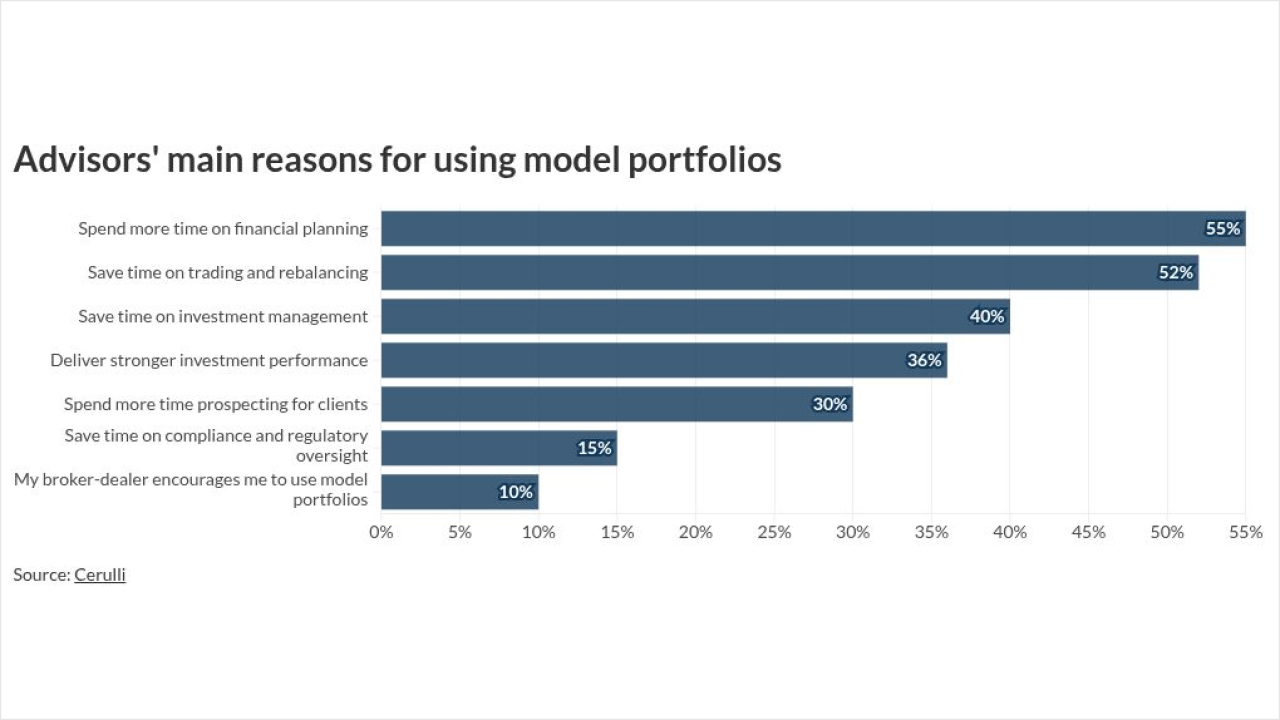Our daily roundup of retirement news your clients may be thinking about.
Clients will be better paying off their mortgage before the retirement date to get rid of the feeling of having a debt burden, according to this article from the Washington Post. Carrying no mortgage debt into retirement will also give clients guaranteed return and greater flexibility in their budget. And about that tax deduction, it’s not enough of a reason to keep a mortgage, according to the article. Remember, it’s only a deduction, not a credit. A tax credit would reduce the taxes you owe dollar-for-dollar. But a deduction eliminates only a percentage of the tax. If you don’t have a mortgage, you may pay more in taxes — but not as much as you would have to pay in annual interest on the home loan, especially in the early years, according to the article.

A survey by Nationwide has found that while 75% of rich older Americans are worried about health care costs in retirement, very few of them are actually planning on how to cover these expenses, according to this article on Motley Fool. This can be attributed to a misconception that Medicare will take care of their healthcare needs. To save for healthcare costs in retirement, clients are advised to start contributing to a health savings account, which is funded with pretax money, provides tax-free growth on investment and tax-free withdrawals for qualified medical expenses.
More employers, benefit-plan sponsors, policy analysts and lawmakers are pushing for the creation of emergency savings plans for workers to address an emerging crisis, according to this article on MarketWatch. One type of plan that employers could offer is the "sidecar" account that would work like an extension of a retirement savings plan. Contributions to the "sidecar" account are made with after-tax dollars, and payroll deductions would be directed to workers' pre-tax retirement plans if the emergency savings balance would reach their comfort level.
A bill that would allow taxpayers to tap a portion of their Social Security benefits to cover parental leave is a step in the wrong direction, writes Alicia Munnell, director of Boston College Center for Retirement Research. "Although the goal is laudable, reducing future Social Security benefits is not the right method to fund paid parental leave," writes the expert. "The key reason is that our retirement income system is already inadequate."





